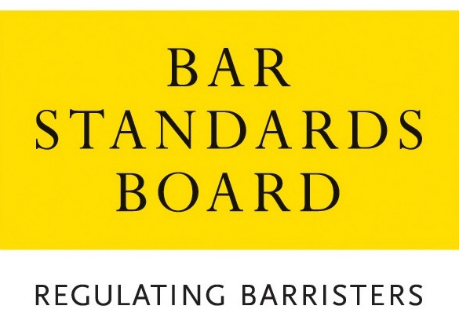Blog

The process for complaints at the Bar Standards Board is biased against male barristers, according to new research. The regulator has stated that, in more positive news, there is no evidence to suggest any discrimination against black and minority ethnic (BME) barristers.
Whilst the diversity review of the complaints process has revealed that more BME barristers are subject to complaints and punishment by the regulator, they have made it clear that they feel this is due to other factors other than ethnicity.
Deeper analysis of the figures thrown up by the report have showed that complaints about BME barristers were much more likely to relate to a singular practitioner or an unregistered barrister, and were thus more likely to have been initiated by the Board itself.
The study’s primary finding, however, is that gender has a significant influence on whether a complaint is investigated and whether cases are taken to be analysed for disciplinary proceedings.
The figures have shown that the BSB is far less likely to investigate or refer for discipline if the barrister in question is female, than they would for their male counterparts.
Unsurprisingly, the report condemns such gender discrimination and suggests that the BSB needs to work harder in ensuring that this is eradicated from the complaints process.
Sara Jagger, the BSB’s director of professional conduct, stated that: “It is pleasing that the report indicates there is no significant difference in complaints-handling between BME and white barristers, however this is an area we will continue to monitor.
“We do, however, need to look more carefully at the new findings in relation to the potential issue of gender bias and ensure that we take action to address this.”
The board have made a claim that their response to these findings would be to further anonymise their complaints process in order that they would avoid identifying a barrister’s gender, where possible.
Academy tools to help you get a job
-

Free Watson Glaser Practice Test
Understand the test format, compare your performance with others, and boost your critical thinking skills.
